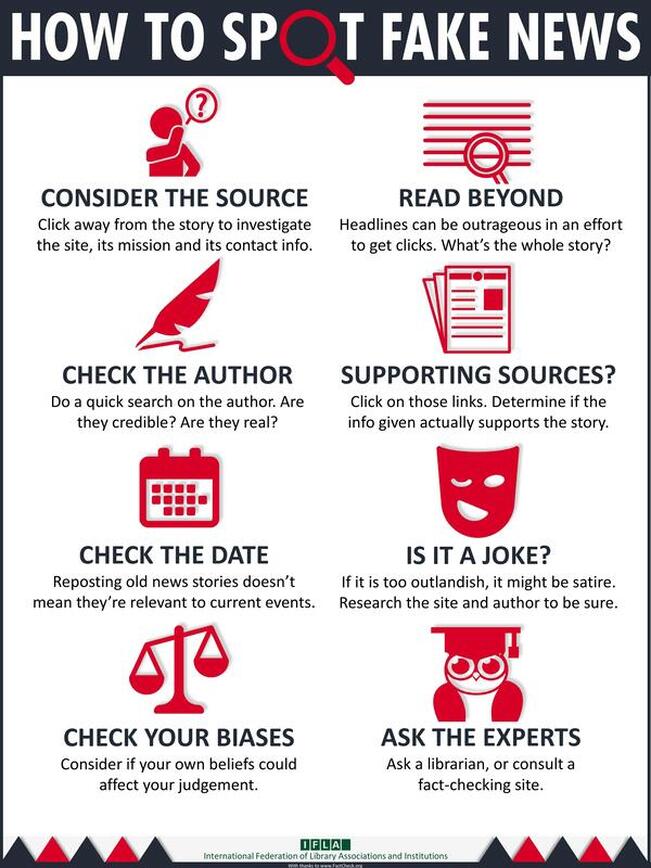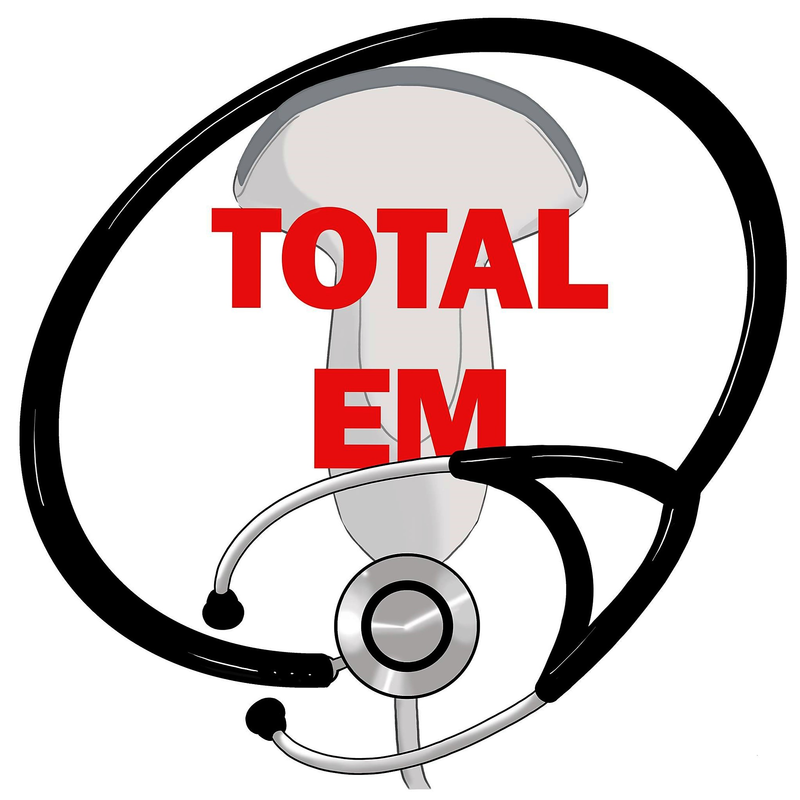|
We are in a point of time where information is incredibly easy to access. We also have the convenience to be able to rapidly share information. We are also in a crisis from a pandemic. We as a whole are in a dangerous situation where misinformation, rumors, and bias can play a major part in hurting ourselves, our loved ones, and the world as a whole.
This has been a subject that has been difficult to approach. While covering the COVID-19 pandemic, one of the early posts, Podcast #190 published on 3/10/20, discussed the importance of flattening the curve and in there was this quote from an additional comment made on 3/17/20 to help draw specific attention on various issues and points, "If things go according to plan, you probably won’t realize how well this all worked and think this was overkill. Thank epidemiologists, public health servants, medical professionals, and scientists who have been working tirelessly to help come up with the best solutions."
Unfortunately, many things have changed over the last month. Politics, religion, personal opinion, and fear have gotten in the way of logic and science. Something that should unite us, a pandemic threatening to kill millions if left unchecked, led to some initial unity but then quickly went away as the situation started to improve. Over the last month the separation has intensified. Misinformation has been discussed before back in Podcast #69. More recently, the issues with COVID-19 rumors were discussed in Podcast #193. A couple of podcasts later, the concerns of ibuprofen have dissipated but it has been replaced by even bigger fears and concerns. The rumors, misinformation, and bias has drastically increased. In the previous podcasts, it was encouraged to fact-check before sharing information and to realize that the media (both news networks and social media) can get ahead of itself and share information before it has been fully vetted. There are countless theories and ideas out there: from ones that pass face value to the bizarre and the outright wrong. All of them are being shared. While they may sound reasonable and true to some, that does not make them correct. However, without the proper checks and balances in place that is often present in academia and science we can quickly receive information that is not correct, or at the very least not fully factual. The lack of vetting is a major concern. People are most likely doing this because they believe that what they are doing is truly best. However, in some cases it means publishing data that has not been peer-reviewed (when it normally wound have before published in a major medical journal). In other cases it means sharing a video from someone who claims to be an expert but lacks the appropriate credentials. Some of those individuals in the videos may even have the appropriate training and background, but they carry their own bias. We must recognize our biases and not feed into them. Ask yourself right now what you believe is going on and what you know about COVID-19. Why do you believe this? How would you try to investigate if that belief is correct? How would you look for information to try and disprove yourself? The last one may surprise you, but this is part of the process to truly "research" something. May people will talk about how they "research" a topic. This is not simply watching videos, asking a couple of people you feel may be experts, or reading articles. Even reading peer-reviewed journal articles is not enough. Statistics can be altered in a number of ways with one classic case being Andrew Wakefield and the way he altered his study regarding vaccinations. Proper research, the kind that is used in science, is very challenging and time consuming. In medicine it would mean understanding the science which includes understanding anatomy, physiology, pathophysiology, and statistics. What does this all mean? Why should we check our sources? Why do we wait rather than listen to someone who claims to have answers and sounds intelligent? How do we move forward?
LISTEN! Listen to trusted resources. If it sounds too good to be true, it probably is. If it doesn't pass the "sniff test" you should highly question it. This is not the time to jump ahead and ignore the scientific method. We have a chance to help many people and save lives. We also have a real chance to hurt them.
Accept that you do not know everything. Avoid the confirmation bias. There is so much we do not know about COVID-19 in particular that people are grasping at straws. It is a dangerous place to be and we must work hard to avoid it.
If you would like to know some trusted resources, there are quite a few out there. Some traditional resources include the CDC and World Health Organization (WHO). You can also check online sources that are well vetted and reputable sources such as the Internet Book of Critical Care (IBCC), REBEL EM, and FOAMcast.
Let us know what you think by giving us feedback here in the comments section or contacting us on Twitter or Facebook. Remember to look us up on Libsyn and on iTunes. If you have any questions you can also comment below, email at [email protected], or send a message from the page. We hope to talk to everyone again soon. Until then, continue to provide total care everywhere.
0 Comments
Leave a Reply. |
Libsyn and iTunesWe are now on Libsyn and iTunes for your listening pleasure! Archives
August 2022
Categories |
||||||




 RSS Feed
RSS Feed